I live in Hawaii and according to water maps we have some of the softest water in the USA. HOWEVER, I have been having issues with my water drying out my hair.
I called the Honolulu water board and they said my exact location might have a hardness of anywhere from 33 to 64ppm. I belive this IS considered soft; however, I am still getting a build-up from something. It is on my drinking glass which I have filled up with water daily for the past few months. It seems to have a white, chalky residue on it. But that is not actually my problem...
It is my shower. I have dry hair naturally so I have been trying to shampoo very little and scrub and wash my hair thoroughly with conditioner every day and shampoo infrequently. However, I am noticing that I am getting a build-up from my water when I don't use shampoo. I know it is not my conditioner, as it contains no silicones and all ingredients are water-soluble. Rather, it feels like the minute the shower water hits my hair, it gets very dry and rough and stiff and tangly. The longer I go without shampooing, the drier it gets. My hair is actually getting coated with something, which is actually sealing my hair and preventing moisture from getting in. I found that after 5 days of no shampoo my hair was already barely able to get damp, even if I took a 45-minute shower. My hair is now rough, stiff, dry, and frizzy while soaking wet, until I use a shampoo to remove whatever is building up on my hair. However, the buildup is caused by the water itself. So how can I test what the buildup is? How can I find out what exactly in my water is causing this?
So I have a theory... I either really DO have hard water (which seems unlikely, given what the city board told me) or the salt or chlorine from the city water is causing this. I'm wondering if the residue which is on my cup could actually even be a SALT residue.
It reminded me a lot of swimming in the ocean in salt water, actually. While my hair is wet (and I'm no longer IN the water), it feels incredibly stiff and dry, but once it is dry it feels okay and softer again.
So... if you have hard water, you can get shower filters to fix that, right? But how do you filter excess salt out of shower water? Are there tests that can check not only how hard you water is, but how much salt it is? Is there a showerhead I could get that could remove salt, if that is indeed the problem?
This is kind of driving me bonkers, because it's forcing me to use shampoo and strip my hair of its natural oils, even though I don't have a greasy scalp to begin with.
Here is a picture of the residue I have on drinking cup after a few months of use: hard water cup.JPG
I called the Honolulu water board and they said my exact location might have a hardness of anywhere from 33 to 64ppm. I belive this IS considered soft; however, I am still getting a build-up from something. It is on my drinking glass which I have filled up with water daily for the past few months. It seems to have a white, chalky residue on it. But that is not actually my problem...
It is my shower. I have dry hair naturally so I have been trying to shampoo very little and scrub and wash my hair thoroughly with conditioner every day and shampoo infrequently. However, I am noticing that I am getting a build-up from my water when I don't use shampoo. I know it is not my conditioner, as it contains no silicones and all ingredients are water-soluble. Rather, it feels like the minute the shower water hits my hair, it gets very dry and rough and stiff and tangly. The longer I go without shampooing, the drier it gets. My hair is actually getting coated with something, which is actually sealing my hair and preventing moisture from getting in. I found that after 5 days of no shampoo my hair was already barely able to get damp, even if I took a 45-minute shower. My hair is now rough, stiff, dry, and frizzy while soaking wet, until I use a shampoo to remove whatever is building up on my hair. However, the buildup is caused by the water itself. So how can I test what the buildup is? How can I find out what exactly in my water is causing this?
So I have a theory... I either really DO have hard water (which seems unlikely, given what the city board told me) or the salt or chlorine from the city water is causing this. I'm wondering if the residue which is on my cup could actually even be a SALT residue.
It reminded me a lot of swimming in the ocean in salt water, actually. While my hair is wet (and I'm no longer IN the water), it feels incredibly stiff and dry, but once it is dry it feels okay and softer again.
So... if you have hard water, you can get shower filters to fix that, right? But how do you filter excess salt out of shower water? Are there tests that can check not only how hard you water is, but how much salt it is? Is there a showerhead I could get that could remove salt, if that is indeed the problem?
This is kind of driving me bonkers, because it's forcing me to use shampoo and strip my hair of its natural oils, even though I don't have a greasy scalp to begin with.
Here is a picture of the residue I have on drinking cup after a few months of use: hard water cup.JPG

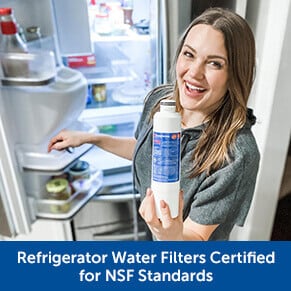



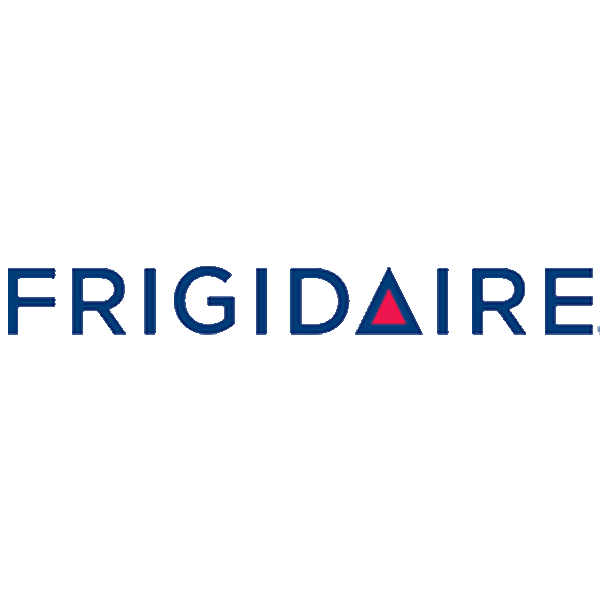


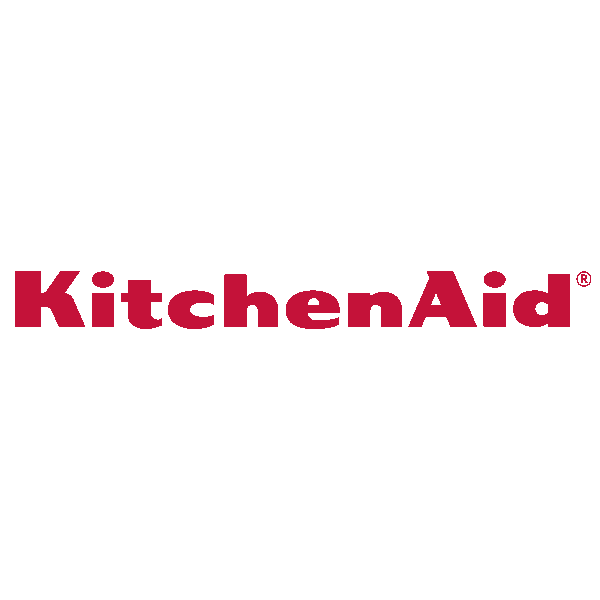


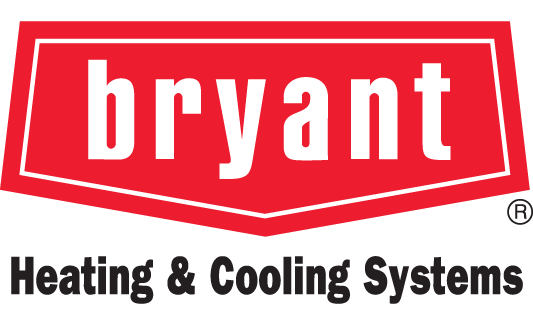
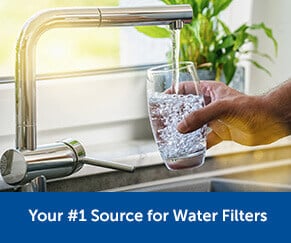
Comment